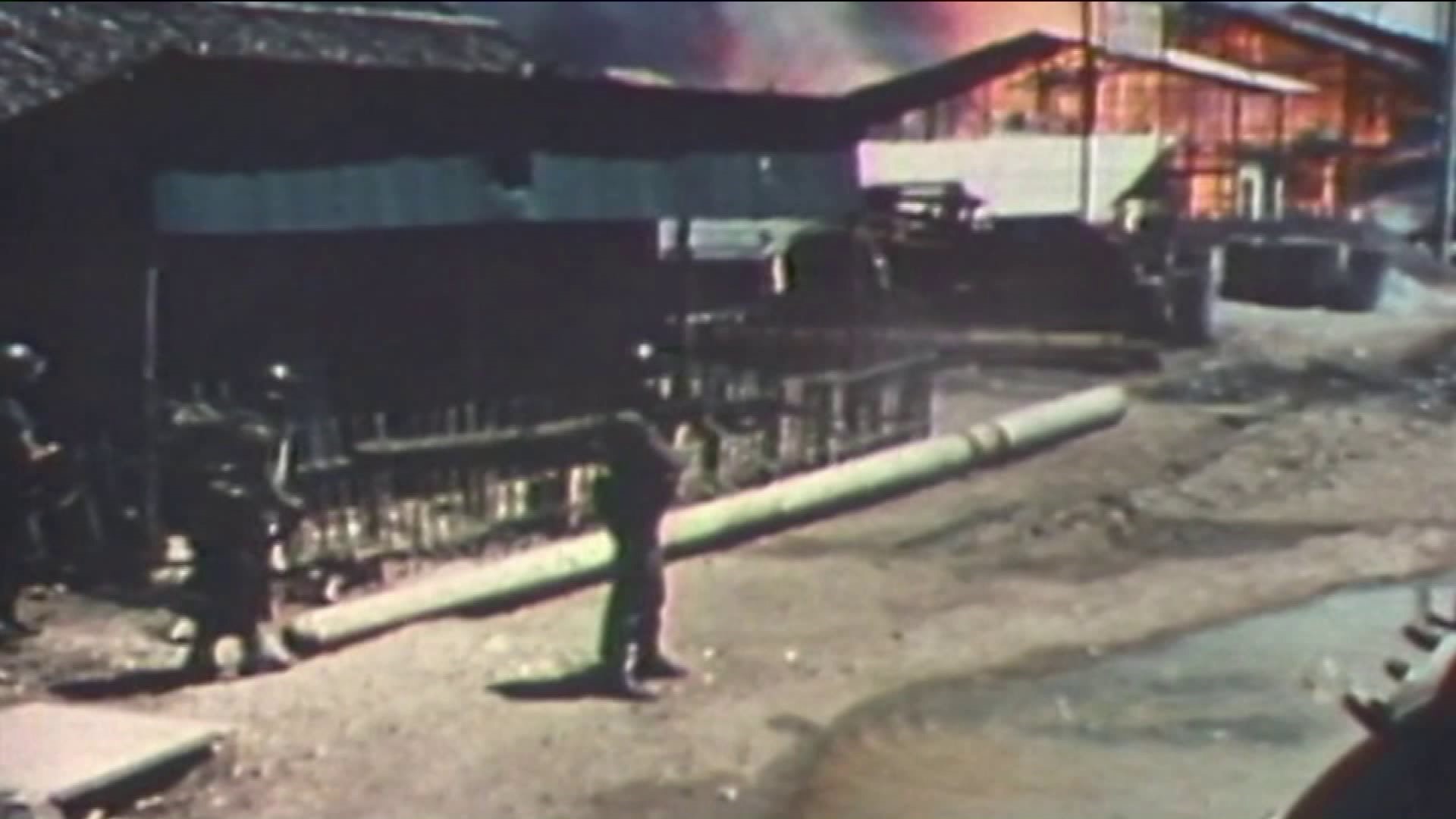NEW HAVEN -- Allan Gackstetter is a proud veteran who served five years oversees in the 1960's, part of that time in Vietnam. He had a distinguished military career, and served in the color guard for President Dwight D. Eisenhower's funeral.
"I ate, slept and drank military," said Gackstetter, who now lives in New Haven.
Gackstetter said that the things he saw overseas became burned into his memory, although he didn't realize it at the time.
"You just never stop to think," he said. "You just keep thinking to yourself, you have a mission, you have to do it."
After returning home, Gackstetter said he became inexplicably angry.
"My son would say to me, Dad, you're angry, why do you get so upset?" said Gackstetter. "And I'd say, Michael, I don't know, honey, I don't know."
He lived with his pain for 40 years, until a fellow veteran insisted he visit the VA.
"I went to the VA and I was a wreck," recalled Gackstetter. "I lost probably 60-70 pounds. I was a wreck. I was completely gone."
Gackstetter said the VA placed him in lockup because he was suicidal. He then received therapy and treatment, and began to understand the stress, exposure that caused his problems.
He said there was never one instance that he can pinpoint as a trigger, but said a soldier does not have to be on the battlefield to experience PTSD.
"It's not like you go into the service and, as you're walking, doing what you're supposed to be doing, you go, 'Oh, wait a minute, I think I'm getting PTSD,'" he explained.
Gackstetter now volunteers every day with NAMI Connecticut, counseling other veterans who are dealing with PTSD, schizophrenia, depression and traumatic brain injuries.
"Schizophrenia is rampant," said Gackstetter. "PTSD is off the charts."
By offering help to others, Gackstetter said it helps him continue to heal. He said he still struggles with loud noises, like fireworks, but has learned how to address and manage his PTSD. He encourages talking to fellow veterans and seeking help from the Veterans Administration.
"You're not alone," said Gackstetter. "And we can get through this."
According to the U.S. Department of Veterans Affairs, an estimated 30% of Vietnam Veterans will experience PTSD in their lifetimes, and approximately 20 veterans commit suicide every day. A 2014 study from JAMA Psychiatry found the rate of PTSD to be 15 times higher among veterans than civilians, and the rate of depression is five times higher.
Resources for veterans are available. The Veterans Crisis Line is available 24/7 by calling 1-800-273-8255 and pressing 1 to speak with someone. Confidential counseling for veterans and their families is also available through Military One Source at 1-800-342-9647.

